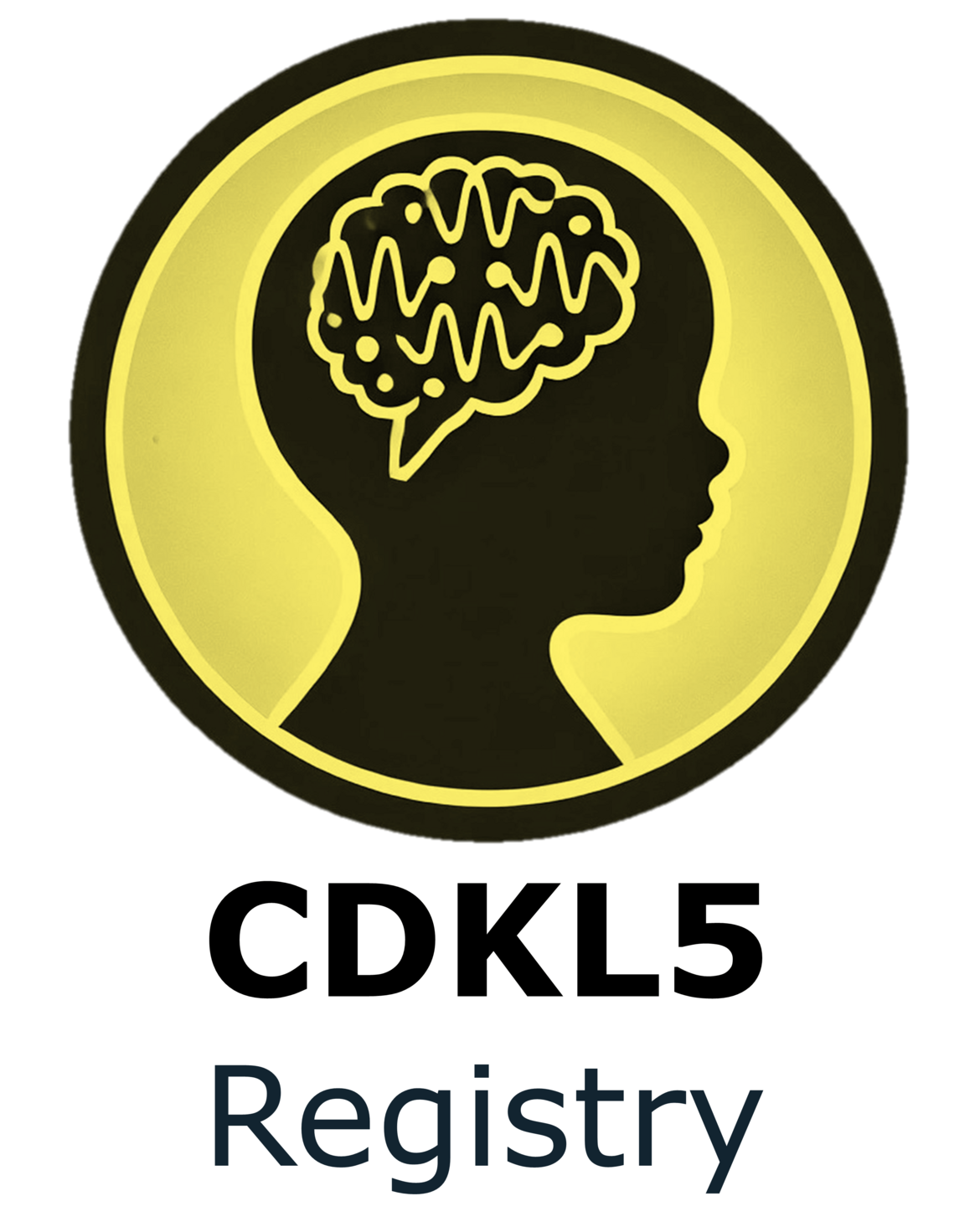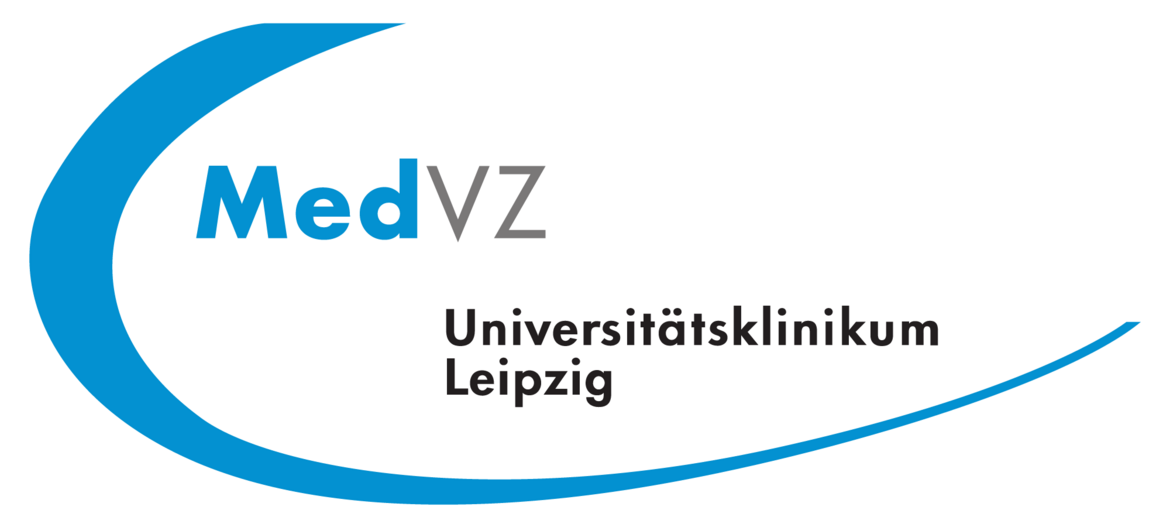WHAT IS CDKL5?
CDKL5, more precisely CDKL5 deficiency (i.e., the “absence of CDKL5”), is a rare genetic disorder caused by mutations in the CDKL5- gene. This gene is essential for the normal function and development of the brain, especially in regulating neuronal connections and signals. The condition typically manifests in early infancy and leads to severe neurological impairments.
Key Facts about CDKL5:
- Symptoms: Children with a pathogenic CDKL5 variant usually present with difficult-to-treat epileptic seizures within the first few months of life. They also suffer from profound developmental delays, often resulting in severe intellectual disability. Many affected individuals experience significant motor coordination difficulties, leading to severely limited mobility. Behavioral abnormalities, such as autism spectrum disorders, are also common.
- Cause: The disorder is caused by mutations in the CDKL5-gene, which plays a critical role in regulating brain function. These mutations disrupt the development and functioning of nerve cells.
- Diagnosis: CDKL5 is diagnosed through genetic testing that identifies specific mutations in the CDKL5-gene. Typical clinical signs, such as early-onset epilepsy and severe developmental delays, provide important clues to the diagnosis.
- Treatment: There is currently no cure for CDKL5. Treatment focuses on controlling seizures, supporting cognitive and motor development, and managing behavioral issues. A multidisciplinary team is often needed to provide comprehensive care.
- Prognosis: The prognosis for children with CDKL5 is serious and depends on the severity of the symptoms. Many require lifelong, intensive support. Despite the severity, advances in treatment are helping to improve the quality of life for those affected.
CDKL5 is a complex and challenging condition that places a heavy burden on both the affected children and their families. However, early diagnosis and specialized care can help relieve symptoms and promote development to the greatest extent possible.
What is the CDKL5-Registry?
The CDKL5 registry aims to collect data on the natural history of the rare disorder known as CDKL5 deficiency in a central database.
Through digital questionnaires, genetic data as well as information on the clinical presentation of the disease and the quality of life of families are gathered. The project is initially planned to run for 10 years and is designed to enable long-term observation through annual data collection. The data is collected in Germany in collaboration with the University of Heidelberg and the University of Leipzig, following the highest security standards.
Collaboration and scientific exchange with international patient advocacy groups and researchers are key goals of the project. In addition, the database is intended to facilitate contact with affected individuals for future German and international studies.
Contact Person:
Study Director:
Prof. Dr. med. Steffen Syrbe
Additional Members of the CDKL5-Registry Team:
Dr. med. Jan Henje Driedger
cand. med. Prisca Wille
Contact Adresses:
Epilepsiediagnostik
Center for Pediatric and Adolescent Medicine
Section of Pediatric Epileptology
Epilepsy Diagnostics
Subject: Registry
Im Neuenheimer Feld 430
69120 Heidelberg
PARTICIPATION IN THE CDKL5 REGISTRY

Downloads
- Einwilligungserklärung für die Teilnahme der Familie
- Einwilligungserklärung_Studienteilnehmer
- Informationsschreiben für die Teilnahme der Familie
- Informationsschreiben für Eltern und Betreuer
“Registries and databases are the backbone of modern medicine. They enable us to learn from the experiences of many patients and improve care for everyone.”
A collaboration with Human Genetics Leipzig
FAQ
What is the CDKL5-Registry?
The CDKL5 registry is designed to collect data on the natural history of the rare disorder CDKL5 deficiency in a central database. Using digital questionnaires, information is gathered on the clinical presentation of the disease (e.g., epilepsy, child development, other symptoms, comorbidities), clinical findings (e.g., genetic testing, EEGs, MRIs), treatments applied (e.g., anti-epileptic therapies, assistive devices), and the quality of life of affected families. It is also possible to upload documents (e.g., molecular genetic reports, diagnostic test results) directly to the registry.
The project is initially planned for a duration of 10 years and aims to enable long-term observation through annual data collection. The software used for this purpose is REDCap (Research Electronic Data Capture). All questionnaires are digital and can be completed using any web browser.
Why do we need a German-language CDKL5 registry?
Until now, no German-language CDKL5 registry has existed. The goal is now to give affected German-speaking families the opportunity to participate in a CDKL5 patient registry. The CDKL5 registry enables the centralized collection and processing of data from individuals affected by CDKL5 at the University of Heidelberg in Germany.
In addition, the registry is intended to be expanded to include multiple languages in order to reach affected families across Europe. The database is also designed to facilitate contact with individuals for future German and international studies.
Who can participate in the CDKL5 registry?
The CDKL5 registry includes individuals affected by CDKL5 regardless of age, severity, or nationality. The questionnaires are completed by parents, relatives, or caregivers of individuals with CDKL5. Currently, the questionnaires are only available in German, but additional languages will be added over time!
How often is data collected?
The initial data collection takes place through a questionnaire completed after registration. Afterwards, follow-up questionnaires are sent automatically once a year to allow for long-term observation and tracking of the disease progression.
What happens to the data I enter?
The personal data you provide during enrollment and the information collected through the questionnaires (e.g., on symptoms, treatments, and quality of life) are stored separately. A connection between your identity and the data is only possible for the study team using a pseudonymization key. The pseudonymized (i.e., de-identified) data are stored securely in a REDCap (Research Electronic Data Capture) database. The registry team regularly analyzes the data to better understand the natural course of CDKL5 deficiency and improve care strategies.



